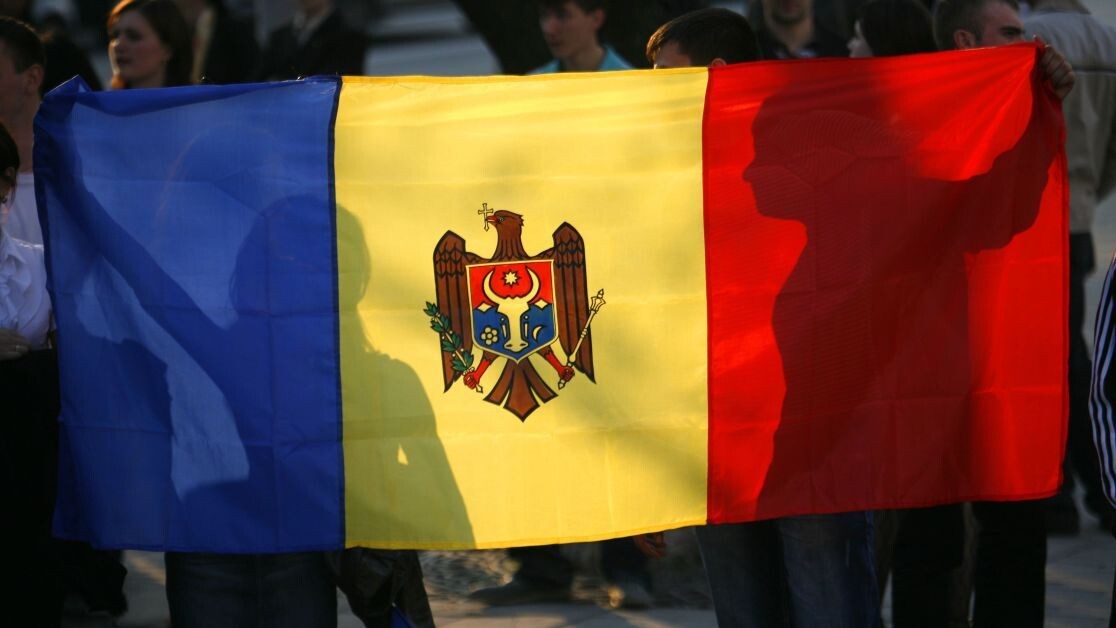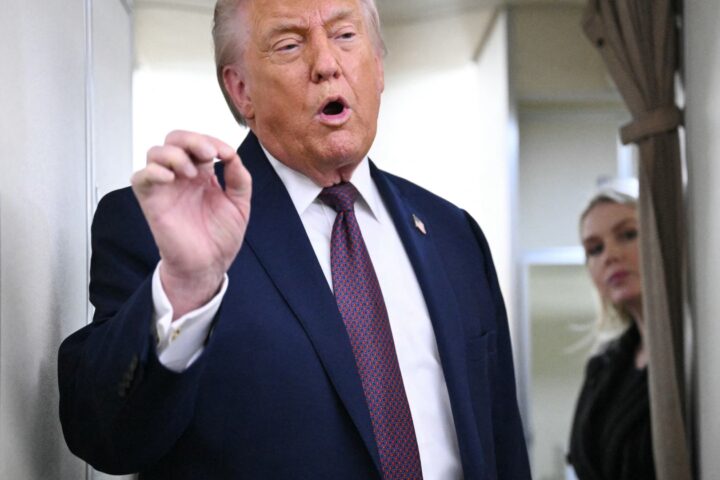On September 23, 2025, Russian state media reported allegations from the Russian Foreign Intelligence Service (SVR) about a supposed NATO preparation for military occupation of Moldova intended to support anti-Russian policies. Moscow further claimed that provocations could follow Moldova’s upcoming parliamentary elections, creating a pretext for European troop deployment. These statements coincide with intensified Russian disinformation campaigns targeting Moldova ahead of its November elections.
Moscow’s narrative of military threats and provocations
The Russian SVR claimed NATO units were amassing in Romania near Moldova’s borders and alleged a planned landing operation in Ukraine’s Odesa region to intimidate Transnistria. Moscow asserted that French and British forces had already arrived in Odesa. Russian reports also alleged potential electoral fraud in Moldova, prepared jointly by Brussels and Chisinau, aimed at provoking civil unrest. According to these claims, Moldovan President Maia Sandu could request foreign military intervention — a scenario Russia says was rehearsed in NATO exercises in Romania. Moscow further suggested provocations against Transnistria might coincide with Moldova’s election calendar, specifically the vote for the Transnistrian Supreme Soviet on November 30, 2025.
Responses from Moldova and the European Union
Moldovan officials have rejected Russia’s accusations as unfounded and designed to destabilize the electoral process. The government stressed that parliamentary elections would proceed freely and transparently without foreign military involvement. Moldova called on citizens to critically evaluate such claims and rely on official information. The European Union also dismissed the allegations, describing them as part of a coordinated disinformation effort aimed at undermining the legitimacy of Moldova’s elections and intimidating its population. The EU reaffirmed its support for Moldova’s sovereign right to determine its future without external interference.
Broader context of Russian disinformation campaigns
Analysts note that Moscow’s claims fit a broader pattern of hybrid warfare, where fabricated narratives about Western military occupation are used to destabilize neighboring states. Similar tactics have been deployed against Ukraine, creating mistrust and confusion to weaken democratic processes. Experts emphasize that such disinformation aims not at addressing real military threats but at eroding the political autonomy of neighboring nations. Ukraine has warned that these strategies are part of an extended Russian campaign to exert influence in the region, reinforcing the need for joint defense of democratic institutions.
Implications for regional stability
The Kremlin’s narratives highlight its broader concerns about the free choice of neighboring populations. Russia appears intent on undermining trust in democratic processes through coordinated political pressure and disinformation. Both Moldova and Ukraine advocate a unified response to counter hybrid threats, stressing that such campaigns pose risks to the stability and security of the entire region.
Moldova’s upcoming elections are thus unfolding under heightened information pressure, with implications extending beyond its borders to the wider European neighborhood.















